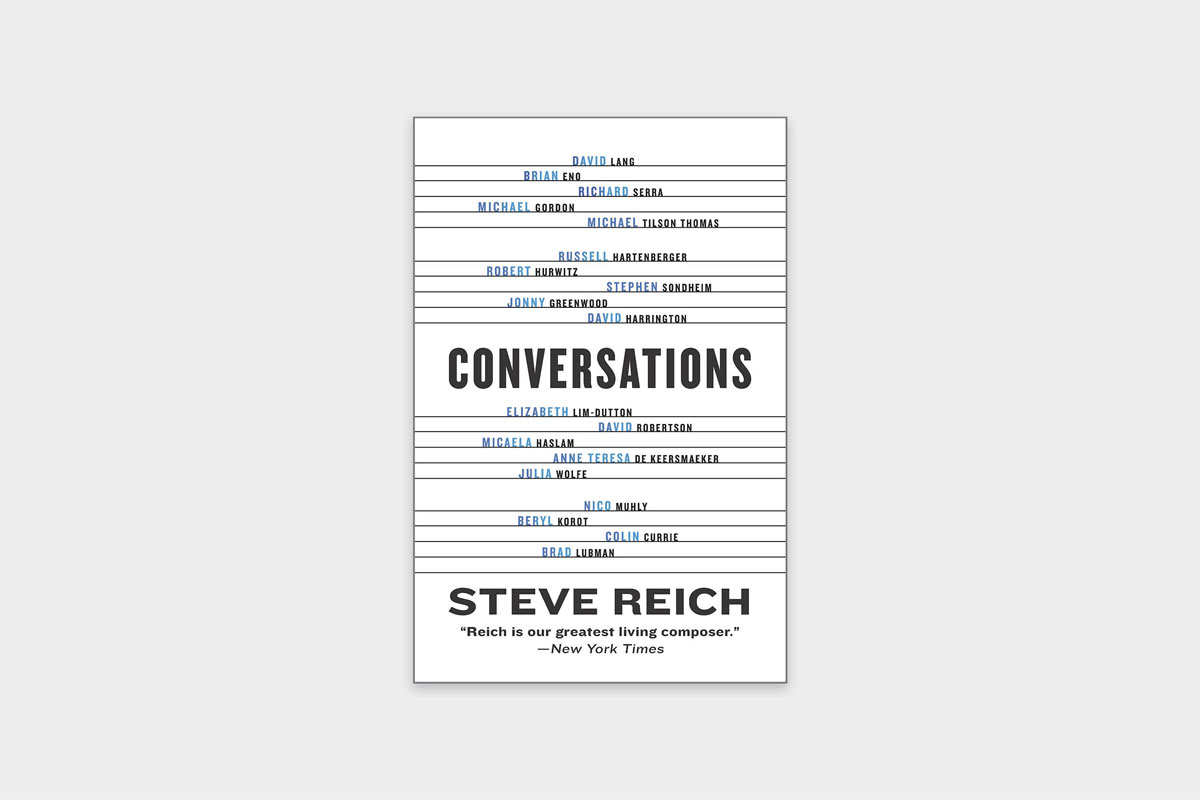Whenever I have a conversation with a non-classical music-listening friend, it’s always the same. Classical music is old stuff, written mostly by guys in powdered wigs and waistcoats. It’s something to listen to only when you want to “chill”. To them, contemporary music is pop music. The idea that contemporary classical music could be more innovative, vital and universal than pop, which relies on antiquated concepts around melody, harmony and rhythm, would be thoroughly alien to them.

And yet the more adventurous, catholic pop music lovers out there have always been switched on to Steve Reich, as well as to Philip Glass and other so-called Minimalist composers who found imaginative ways to repurpose those same traditional materials while striking up conversations with other genres including pop, jazz and world music. Now, here is Steve Reich, surely one of the greatest composers not just of our time but of all times, in dialogue with composers and collaborators, essentially continuing conversations that have been going on for decades. And yet, as Reich says in his preface, each conversation “inhabits a world of its own”. Compositions, then, in their own right.
Most of the...










Comments
Log in to join the conversation.